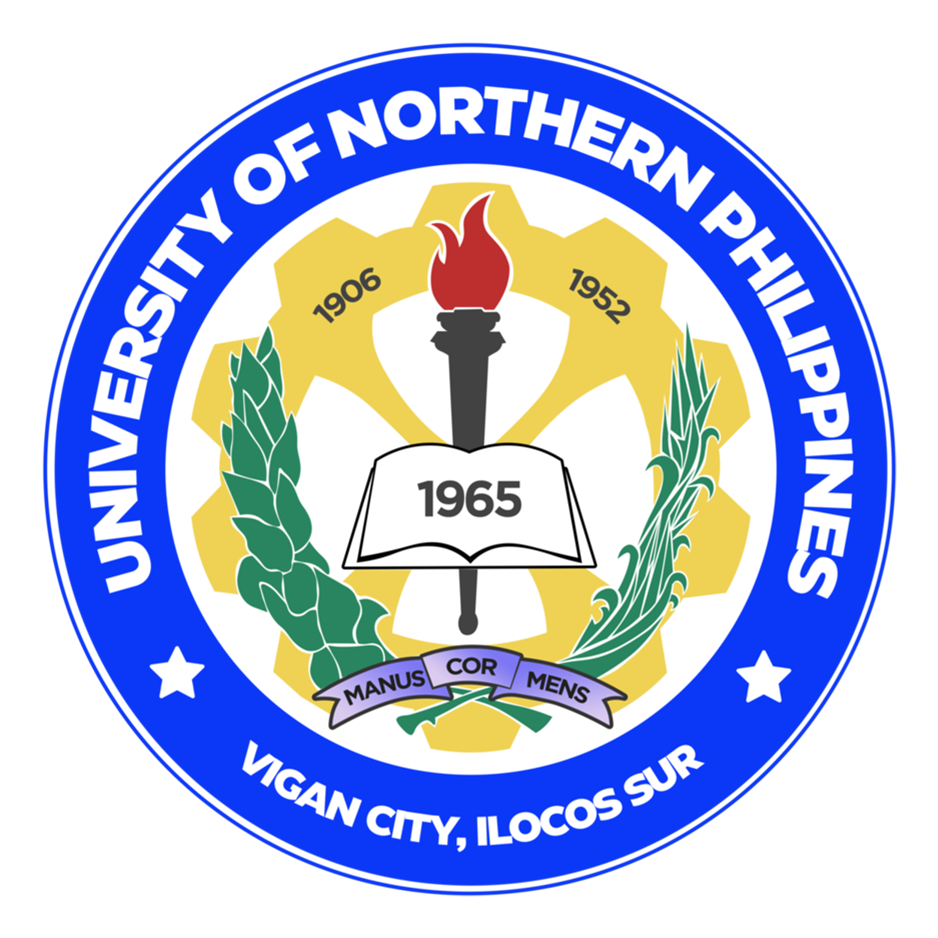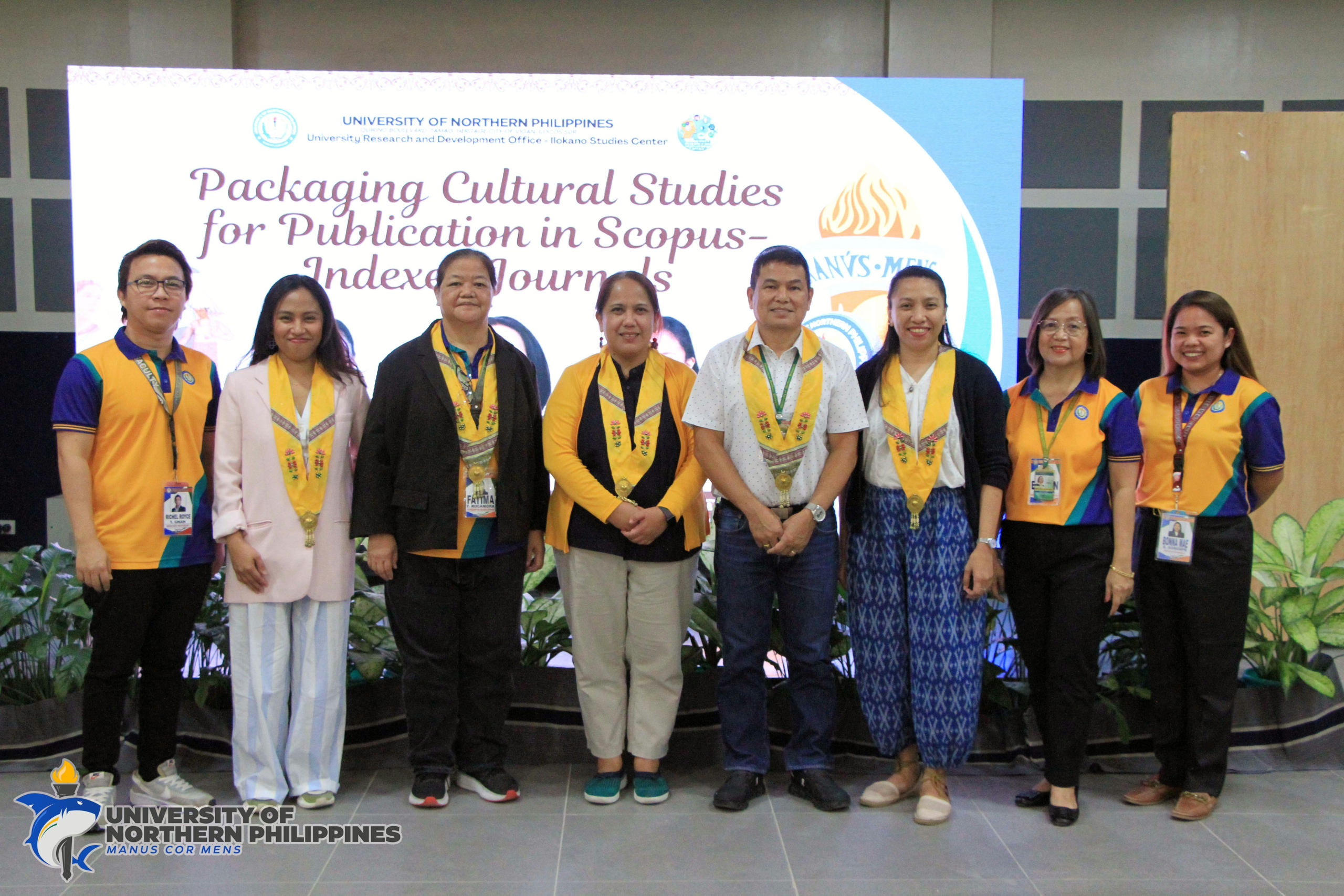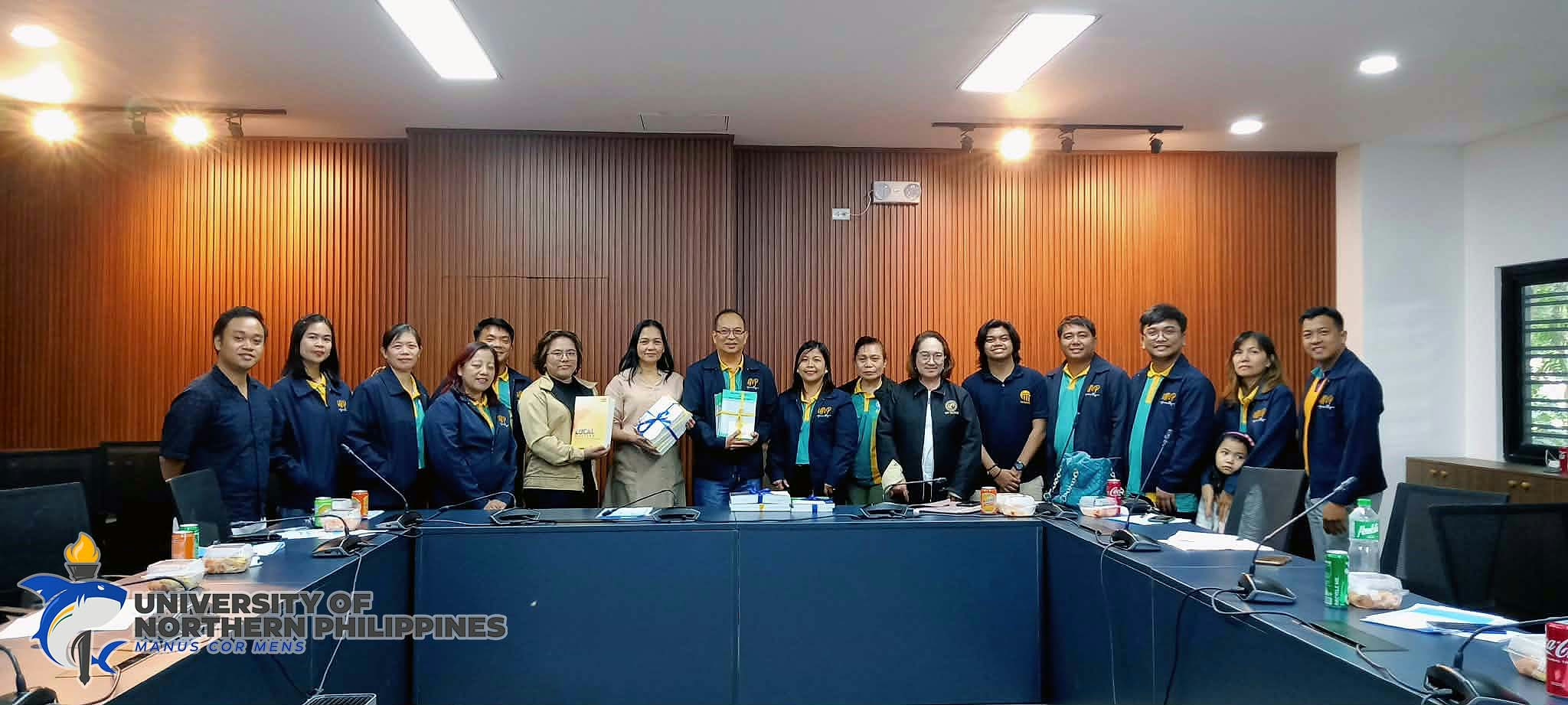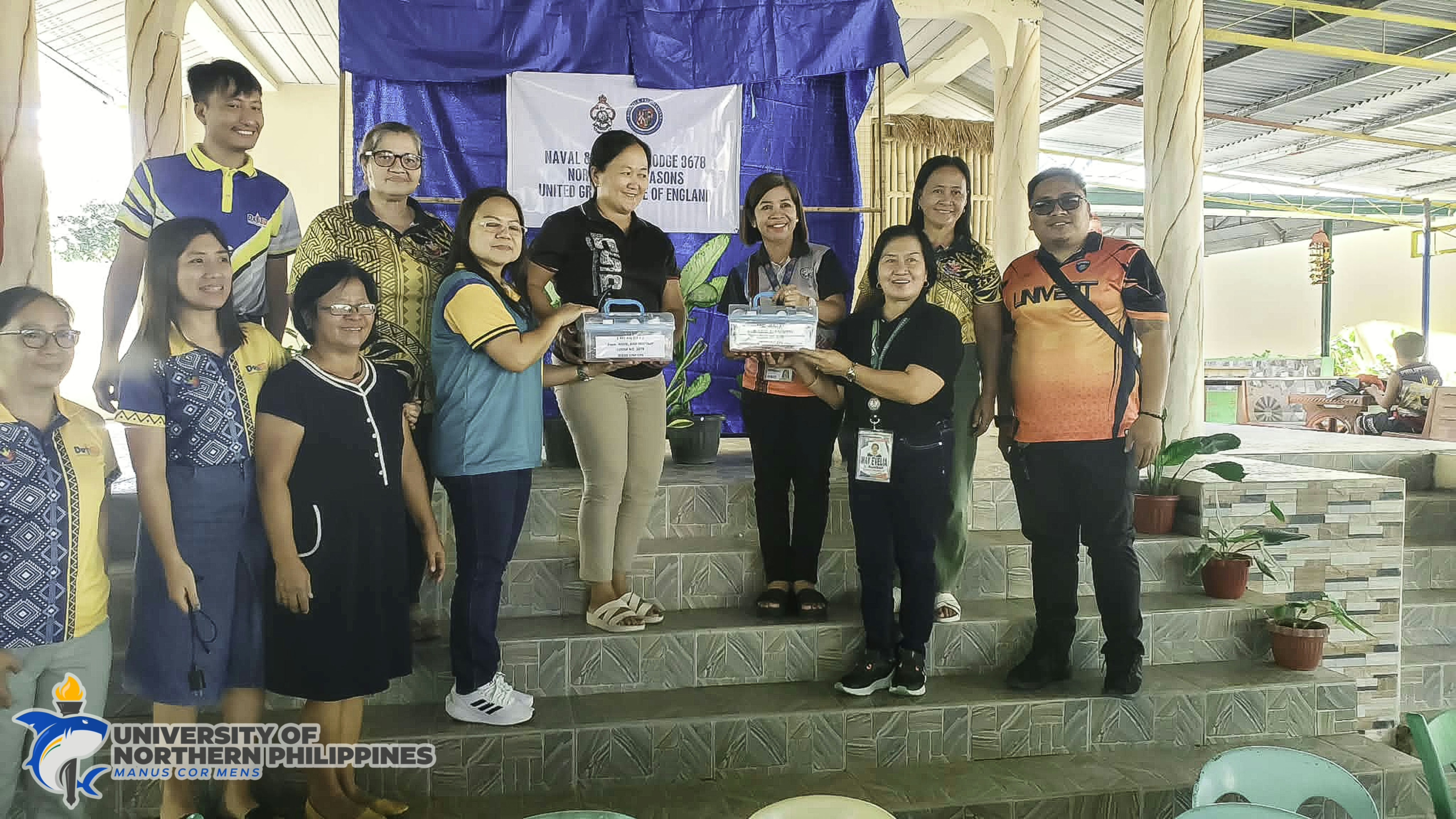The University Research and Development Office, through its Ilokano Studies Center, spearheaded a two-day research training-workshop on October 9–10, 2025, designed to enhance international publication competencies among faculty members, staff, and select participants. The sessions delved into Scopus standards, research framing for global readership, publication ethics, and hands-on manuscript evaluation—equipping attendees with the tools to elevate their scholarly outputs to global standards.
Held at the University’s Technology Complex, the event was highlighted by an inspiring message from University President Dr. Erwin F. Cadorna. In his address, Dr. Cadorna emphasized the vital role of research dissemination in advancing knowledge and societal progress. “Let us remember that research is not just about discovery—it is about dissemination. Knowledge that remains unpublished is knowledge that remains unseen,” he remarked, urging participants to actively contribute to the global academic community through publication and collaboration.
Dr. Cadorna’s message underscored the vital role of researchers in extending the reach of their work beyond academic boundaries. He urged scholars to break free from isolated pursuits and actively engage in the broader intellectual and cultural community by sharing their findings, promoting open collaboration, and advancing collective progress. His call resonated as both an inspiration and a challenge to transform research into a dynamic force for shared knowledge and societal growth.
Dr. Fatima F. Rocamora, Vice President for Research and Extension, welcomed the participants, highlighting the importance of preserving and promoting indigenous knowledge. She highlighted that whether it stems from Ilocano heritage, the Wittekang Kanaes of Baguio, the Itneg, or other Indigenous Peoples (IP) communities, these traditions form a vital part of the region’s cultural identity. However, she emphasized that the true value of such knowledge lies in its dissemination beyond the walls of the University. “The challenge we face today,” Dr. Rocamora noted, “is bridging the gap between our local scholarship and the global academic stage.”
These traditions hold intrinsic value in preserving cultural diversity, fostering community pride, and maintaining ancestral connections.
These messages set the tone for a collaborative workshop environment, underscoring the university’s goal of elevating research quality and global visibility.
The training-workshop began with a series of foundational lectures on Scopus indexing and global publication standards, spearheaded by Dr. Leah Abayao, Dr. Maileenita Aure Peñalba, and Dr. Kelly Louise Rexzy Agra. Through these sessions, participants gained valuable insights into positioning their research for international readership. The discussions seamlessly transitioned into hands-on critique workshops, where participants refined their writing and revision techniques to meet the rigorous demands of global scholarly publication.
Dr. Leah Abayao, a distinguished History Professor and the current Vice Chancellor for Academic Affairs at the University of the Philippines Baguio, is widely recognized as an authority in Indigenous Studies. Her body of work focuses on cultural heritage, indigenous knowledge systems, and ethnohistory, contributing significantly to the preservation and understanding of local cultures. Beyond her scholarship, Dr. Abayao has dedicated much of her career to training and mentoring researchers in qualitative research, cultural documentation, and heritage conservation, nurturing a new generation of scholars in the field.
Dr. Kelly Louise Rexzy Agra, Assistant Professor of Philosophy at the University of the Philippines Baguio and Teaching Fellow at University College Dublin, Ireland, brought a deeply reflective lens to the discussions. A specialist in Feminist Epistemology and Decolonial Philosophy, Dr. Agra’s scholarship delves into the intersections of knowledge, justice, and social transformation. Her work foregrounds the power of epistemic resistance and highlights education’s crucial role in dismantling systemic inequities—an insight that resonates strongly with emerging researchers and educators committed to transformative scholarship.
Dr. Maileenita Aure Peñalba, Assistant Professor of Political Science and Director of the Cordillera Studies Center at UP Baguio, brings a rich blend of academic leadership and research excellence to the field of governance and indigenous studies. Her extensive scholarship encompasses indigenous knowledge systems, democratic citizenship, urban resilience, and local governance—areas that underscore her dedication to inclusive and sustainable development. With internationally published works on water security, climate change resilience, and the rights of Indigenous Peoples, Dr. Peñalba continues to advance policy-relevant and community-based research. Beyond her research and teaching, she also serves as UP Baguio’s Quality Assurance Officer and actively represents the university in national and international conferences focused on governance and sustainability.
The second day deepened participant knowledge on publication ethics and submissions. The culminating session brought participants together to present outputs, share impressions, and receive certificates in recognition of their engagement and achievements. Ms. Bonna Mae S. Gorospe, ISC Chief, joined the awarding ceremony, highlighting the importance of continuous professional development in academia.
Dr. Edelyn Cadorna, Director of the University Research and Development Office (URDO), spearheaded the organization of the training-workshop with the vision of elevating the University’s research culture to a global standard. The activity was designed to strengthen the international publication skills of UNP faculty and staff by providing them with the tools, strategies, and confidence needed to navigate the demanding process of publishing in reputable, peer-reviewed journals. Under her leadership, the initiative reflects URDO’s commitment to advance research excellence, foster collaboration, and position UNP scholars as active contributors to the international academic community.
Through expert-led lectures and interactive workshops, the University researchers acquired crucial skills for preparing manuscripts that stand up to international scrutiny, moving UNP further toward its mission of academic excellence and international research recognition.
Article by Rocelle Villanueva.




